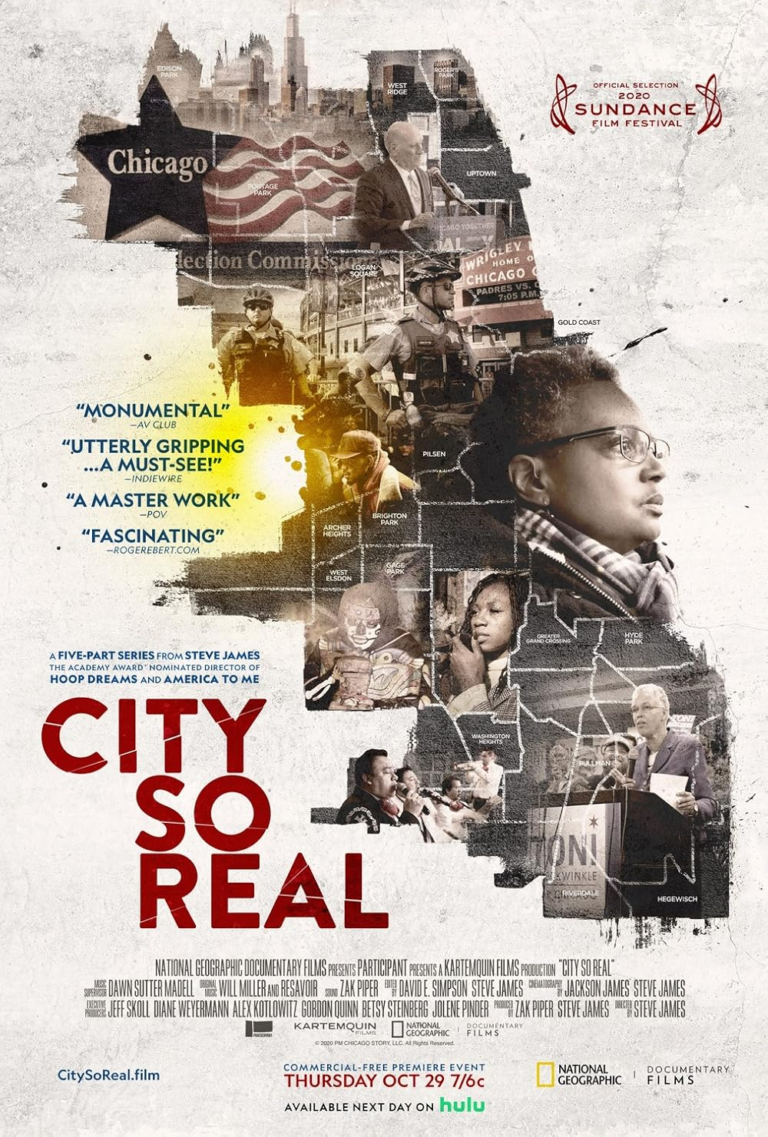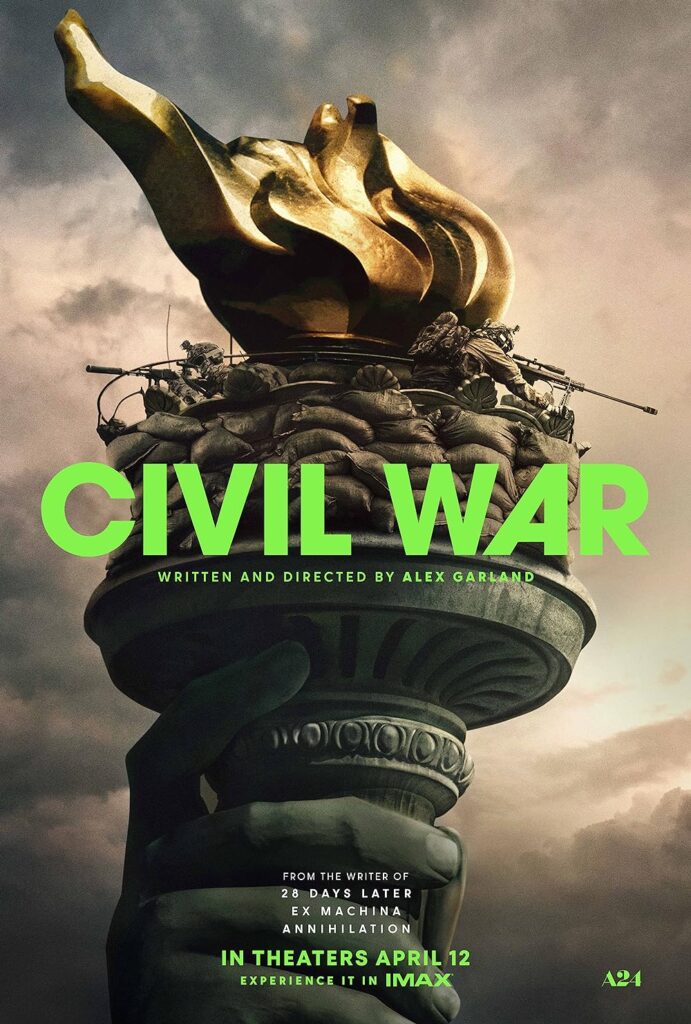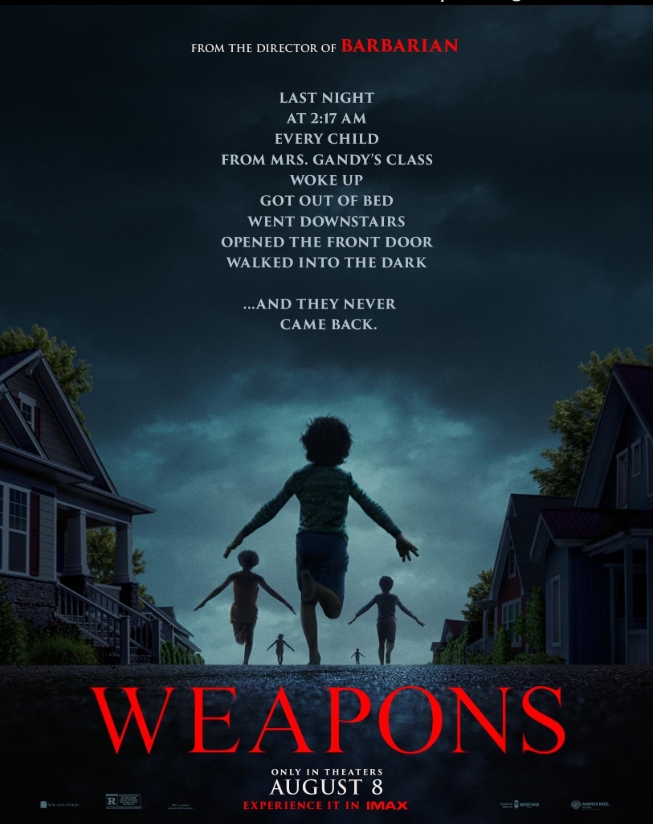Gaucho Gaucho Christian Review

In Gaucho Gaucho, filmmakers Michael Dweck and Gregory Kershaw transport us to a world far from the fast-paced, tech-infused lives we’re used to—a world that seems to have frozen in time somewhere in the Argentine countryside. In stark, dramatic black-and-white, the film invites us to explore the lives of the gauchos, Argentina’s equivalent of the cowboy, who have preserved a lifestyle that feels both romanticized and rugged, intense and isolated. But this documentary isn’t about examining the details of gaucho life through interviews or detailed narratives. Instead, it’s an experience in tone and image, a careful selection of scenes that shows as much through what it leaves out as what it reveals.
A Lens That Captures, Not Dissects
There’s something reverent, almost hushed, in the way Gaucho Gaucho captures its subjects. Dweck and Kershaw use long, lingering shots and wide panoramas to let us take in the landscape and daily rhythms of these cowboys and cowgirls. The cinematography creates a palpable sense of presence, as though the audience has stumbled upon a secluded community in the wilderness, catching a glimpse of a world that few outsiders are privileged to see.
This “fly-on-the-wall” approach keeps us from ever fully understanding the gauchos as individuals, yet we still feel connected to their lives. We see them ride horses, gather around fires, mend fences, and share in the routines that make up their days. It’s a film that’s not so much interested in diving deep as it is in gently inviting us to observe—to experience this community without disrupting it. And there’s something humbling in that, a feeling of respect for the beauty and mystery of a culture different from our own.
Time Standing Still: The Endurance of Gaucho Life
The gauchos we see in Gaucho Gaucho live in a kind of timeless realm, where little has changed despite the steady march of progress outside their world. They live, work, and play in ways passed down from generations before, and the film revels in the rhythm of this continuity. The gaucho way of life isn’t for the faint of heart; it demands grit and resilience. Their existence is grounded in a shared dedication to their land, their animals, and their traditions, which they seem to hold onto with a fierce pride.
For Christian viewers, the gauchos’ dedication to preserving their culture may resonate as a testament to honoring one’s heritage, a value that echoes throughout scripture as well. The Bible speaks of the importance of tradition and family lineage, and in the gauchos, we see this lived out in a very real and tangible way. They pass down stories and skills, keep their customs alive, and teach younger generations the values that have sustained them. It’s a commitment that feels both beautiful and, in today’s world, almost radical.
The Beauty and Limitations of Mythology
The filmmakers give the gauchos an almost mythic quality, and it’s easy to see why. In their solitude and strength, they seem like figures out of legend, characters who could just as easily belong to an old folk tale as they do to present-day Argentina. But in leaning into this mythology, Gaucho Gaucho also feels like it’s keeping the audience at a distance, indulging in the romance of the gaucho rather than exploring their reality.
There’s a certain nobility to these cowboys, a self-sufficient, hardened sense of purpose that feels rare. They’re like symbols of courage and resilience, embodying ideals we rarely find in the noise of modern life. And yet, this portrayal feels a bit incomplete. The gauchos are still human, and there’s undoubtedly more complexity and vulnerability beneath the surface that we don’t see. Instead, the film captures them as icons of strength without diving into the struggles or hopes that give that strength its weight. This leaves a sense of yearning, a curiosity to know them beyond the perfectly framed shots and timeless settings.
For viewers looking for a deeper, more human exploration, this emphasis on myth can feel like a missed opportunity. But for those content to witness the gauchos as they present themselves to the world, there’s a quiet reverence in this portrayal that feels deeply respectful.
A Visual Ode to a Fading Culture
Without a doubt, the film’s black-and-white cinematography is its beating heart. The visuals are meticulously crafted, each shot composed with an artist’s eye for light, shadow, and texture. Every frame seems to hold a story of its own, with the monochrome palette adding an air of timelessness. It’s as though we’re seeing the gauchos through a portal to another era, untouched by the colors of modern life.
For Christians who value the beauty of God’s creation, there’s something worshipful in the way Gaucho Gaucho captures this landscape. The stark cliffs, vast open plains, and close-ups of weathered hands or a horse’s mane evoke a sense of awe, a reverence for the natural world and for lives lived in harmony with it. This is not merely a documentary about gauchos; it’s a meditation on creation and place, a reminder of the beauty that exists outside our everyday experience.
And perhaps this is where Gaucho Gaucho speaks most profoundly—through its attention to beauty. In an age of convenience and instant gratification, there’s something to be said for taking time to admire things that are simply good. The gauchos’ commitment to their way of life is a testimony to the value of patience, endurance, and an appreciation for simplicity, themes that align with Christian values of humility, stewardship, and respect for God’s creation.
A Passing Glimpse That Leaves Us Wanting More
By the end of Gaucho Gaucho, viewers may feel like they’ve taken a journey, albeit a brief and somewhat detached one. We’ve witnessed a world that feels both far away and strangely familiar, a life centered on land, family, and tradition. But in its commitment to myth and distance, the film keeps us from ever fully knowing the gauchos. We don’t learn their personal stories, their motivations, or what they think about their place in a world that’s quickly changing.
From a Christian perspective, there’s a missed opportunity here to explore how faith, family, and perseverance guide these people through life’s hardships and joys. And yet, perhaps that’s the point. In the same way that we often glimpse God’s creation without fully understanding it, Gaucho Gaucho reminds us that there are lives and cultures that we can appreciate even without fully knowing. This is a snapshot of a world that exists beyond our understanding, a glimpse of lives that hold mysteries we may never solve.
Final Reflections: A Beautiful, If Distant, Tribute
Ultimately, Gaucho Gaucho isn’t for those who want a traditional documentary. It’s for viewers who are content to watch, to be carried along by the film’s quiet rhythms, and to experience the gauchos’ world as an observer. The film leaves us with questions and curiosities that aren’t easily answered, and in that sense, it’s a work that will linger, haunting us with a sense of beauty that’s all the more precious because it’s fleeting.
For those who value art as an act of worship, a way of bearing witness to beauty, this film offers something rare and valuable. It’s a journey through another world, a story told in images rather than words, a tribute to a life that stands as a testament to endurance and simplicity. 7/10—a moving, if distant, portrait that leaves us with both appreciation and a sense of wonder.







